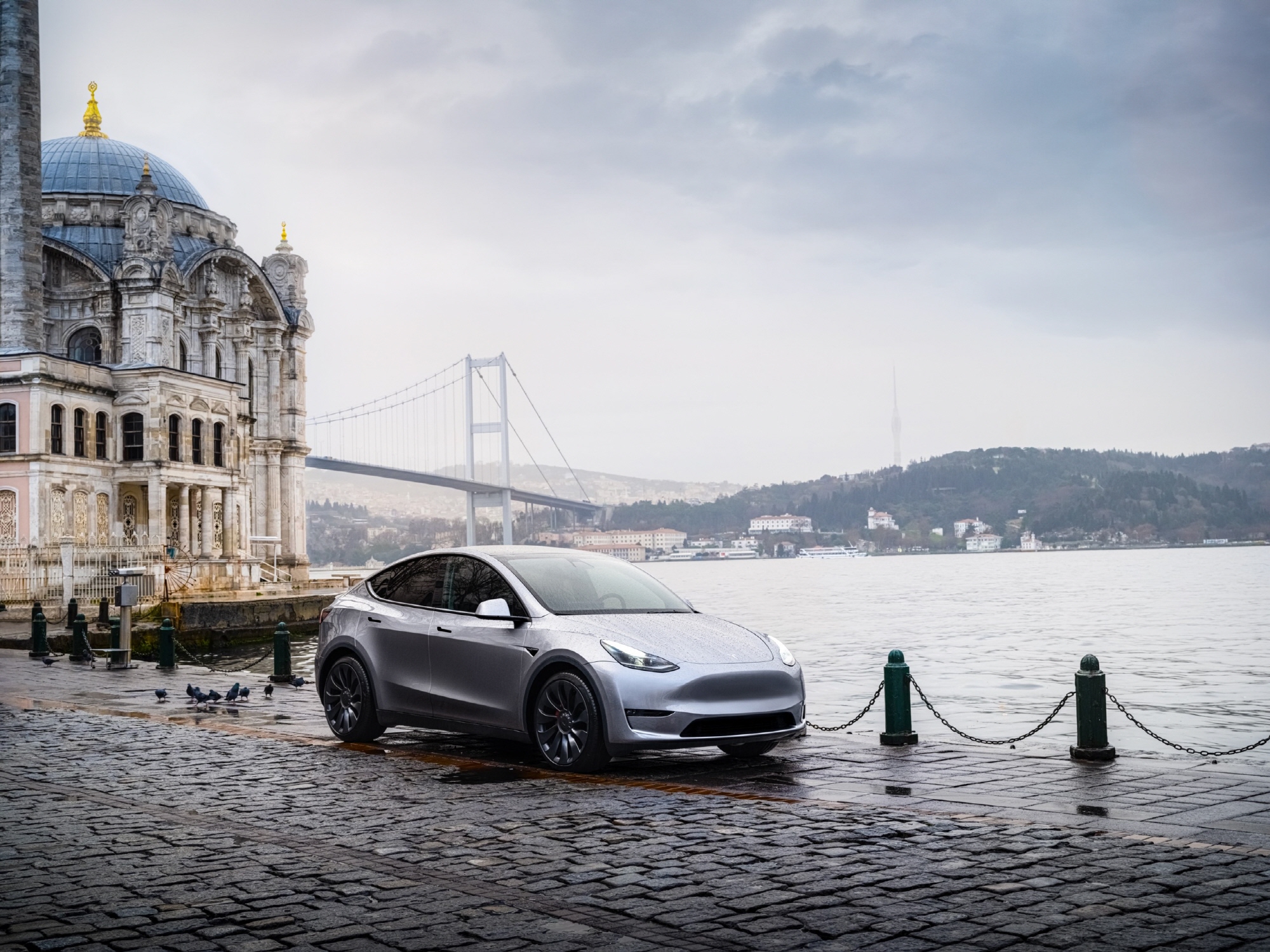
With the electrification shift of Mercedes-Benz and BMW, Tesla’s market position has significantly narrowed. While both brands build a full lineup and continue their journey towards carbon neutrality, Tesla is heavily reliant on the Model Y RWD, signaling a tough fight ahead against the robust attack plans from these automakers.
According to Kaizyu, Tesla’s sales last year reached 16,461 units, showing a substantial increase of 17.9% compared to 14,571 units in the previous year. Considering that most brands saw their sales decline compared to previous years, Tesla’s sales growth is remarkable.
However, upon closer inspection, Tesla is not in an enviable position either. The momentum from the Model Y RWD, launched in July last year, helped lift overall sales of the Model Y to 13,885 units, marking an impressive 91.6% surge from just 7,248 units the previous year. If it weren’t for the rear-wheel-drive Model Y, Tesla would have faced a sales decline similar to other brands.
In response, the electrification sales of Mercedes-Benz and BMW are rapidly increasing. Mercedes-Benz has developed a lineup ranging from the EQA to EQS, including high-performance models like the AMG EQE, AMG EQS, as well as SUV models such as the EQE SUV and EQS SUV. Mercedes-Benz’s total sales reached 9,184 units, reflecting an 11.9% proportion of electric vehicle sales out of total sales of 76,697 units.
BMW is keeping pace with their electrified sedan lineup, including the i4, i5, and i7, as well as SUVs like iX1, iX3, and iX. BMW reported 8,620 units sold, closely trailing behind Tesla and Mercedes-Benz in sales.
Benz’s sales are evenly spread across various models, including EQA (1,700 units), EQB (2,065 units), EQE (2,237 units), BMW i4 (1,838 units), and iX3 (2,648 units), without being skewed towards any specific model.
Conversely, Tesla faces a challenging situation. The Model Y constitutes 84% of its sales, making it heavily dependent on this single model. The remaining models, including the Model X (1,400 units) and Model 3 (552 units), contribute minimally to overall sales.
While Mercedes-Benz and BMW are increasing their electric vehicle sales share with an aggressive lineup, Tesla remains reliant on one model. With existing major manufacturers accelerating their electrification efforts beyond just Benz and BMW, it raises significant questions about Tesla’s strategies going forward.
Lee Sang-jin daedusj@autodiary.kr
